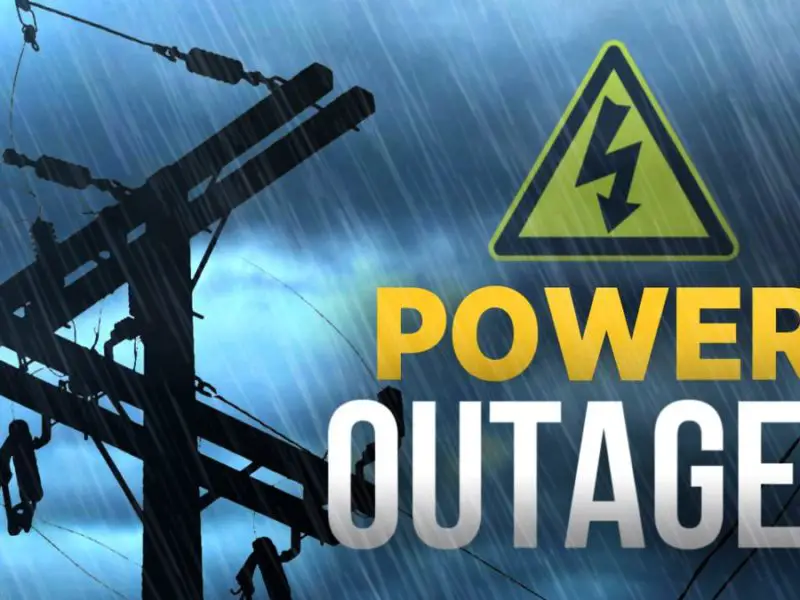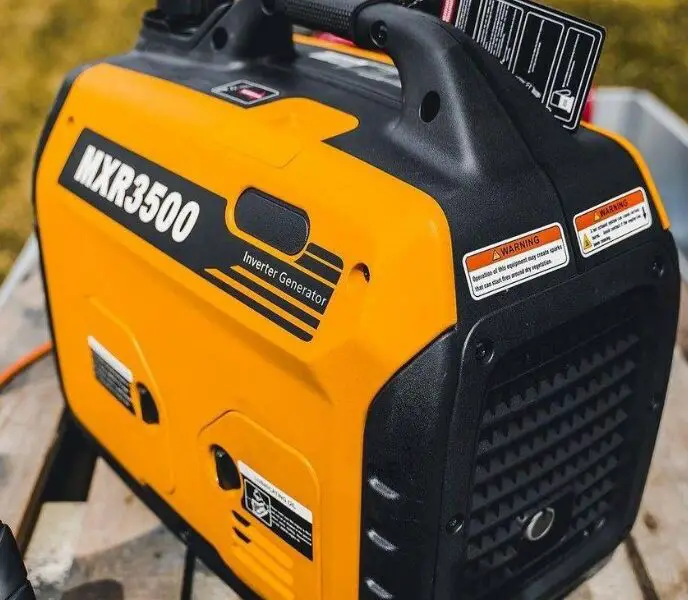As more people install power generators for backup purposes, medical emergencies, etc., there’ve been a lot more consumers asking whether the brand-new generator they just purchased for a tax credit.
Or, maybe you’re considering installing a whole house generator but hoping it comes with a tax credit to lower the overall cost perhaps. Here’s what you need to know about generators (whole home and otherwise) and tax credits.
Unfortunately, Generators Don’t Qualify for Tax Credits
The Federal government doesn’t offer tax credits for installing a whole-home backup generator under the Energy Star tax credit guide. So, don’t go asking why you can’t find where to claim your credit. It doesn’t exist.
However, different states and country governments offer tax incentives and rebates for installing backup power systems. For instance, California has a laudable Self Generation Incentive Program (SGIP) that offers tax rebates for people who install selected backup power systems.
Unfortunately, this also doesn’t guarantee that your whole home backup generator will come with a tax credit. For example, California’s SGIP only offers rebates for renewable power sources, of which a generator isn’t one. So. It’s best to check with your state and local authorities.
You May Still Qualify for a Tax Credit, Though
Even if your state and county governments don’t offer any form of tax credit or incentives on whole-home generator installation, you don’t need to despair. Not all hope is lost.
1. You Can Claim Capital Gains Tax Credits
Capital gains taxes are levied on profits realized from sales of non-inventory assets. Thus, capital gain tax credits are tax reliefs enjoyed when you sell a non-inventory asset, such as a home or a piece of land.
Although you may not qualify for an energy tax credit directly, homeowners are guaranteed a capital tax credit on whole-home generator installation if they make a profit from the sale of their home. However, you must submit the receipt for the generator. Otherwise, you may miss the capital gains tax credit too.
We recommend working with an accountant to determine how much tax credit you stand to receive from the generator installation. It’s usually into the hundreds of dollars.
2. Claim Credits for Generators Bought for Medical Needs
Medical needs tend to get a lot of attention from the government, federal and local. So, when you have a sick patient in your home who depends on power round-the-clock for survival, you’re bound to get some break from the authorities.
For instance, you may have a patient under special care who needs an oxygen tank, or insulin chilled round the clock. Many state and local governments and even selling companies offer tax incentives for such purchases as long as you follow the proper procedure.
To quality, file the cost of the generator as a capital expense in your taxes. An easy way to get this done is to include the cost in your medical expenses for special equipment installed in the home.
You may also need to show proof. This means providing evidence that you or the loved one has a medical condition that requires power round the clock. You must also show proof that you’ve installed a generator to help meet the said power needs.
3. Claiming Benefits Following Natural Disasters
In states such as Florida, where natural disasters occur often, homeowners can also look forward to tax credits for their generators on certain occasions. Specifically, the Federal government offers tax credits for generators bought around the time a disaster strikes.
For instance, if you install a whole-home generator in the immediate aftermath of a flood, hurricane, earthquake, or volcanic eruption, you’ll almost certainly get a tax credit on the purchase and installation. Likewise, if you buy it during a government-declared state of emergency, you’re pretty much guaranteed a tax credit.
4. Claiming Tax Credits for Home-Based Businesses
Finally, you may also be able to claim a tax credit on your whole-home generator installation if you use it to keep your home-based businesses up.
It’s not a clear-cut situation. Some states may even deny you tax credits on the generator. However, the Federal government says that home-based businesses are allowed to take “all usual tax deductions,” meaning that generators count too.
However, an essential requirement here is that you prove that the space you are using for your business is your principal business place or is used regularly and exclusively for your business. Proving either requires that you prove you spend a lot of time in the said space.
FAQs
Does a generator qualify for energy credit?
No. The Internal Revenue Service (IRS) has ruled that thermoelectric generators do not qualify for the energy tax credit. However, the agency said it is still considering whether other generator types, e.g., fuel cells and microturbines, qualify for the credit. The energy tax credit is designed to encourage businesses and individuals to invest in energy-efficient technologies.
Is it worth getting a whole-house generator?
Yes. A whole-house generator is a worthwhile investment for any homeowner. It will provide you with peace of mind in the event of a power outage. In addition, having a generator can give you the ability to sell power back to the grid, which can help offset the cost of ownership. Plus, a whole-house generator is a great way to reduce your carbon footprint.
What is the average cost to have a whole-house generator installed?
A whole-house generator costs an average of $7,500 to install, depending on the type of generator you choose.
The most popular type of generator is a natural gas generator, which typically costs between $4,000 and $5,000 to install. Other types, such as propane generators, typically cost between $6,000 and $8,000 to install.
What is the lifespan of a whole-house generator?
A whole-house generator typically has a lifespan of 15 to 25 years. However, this can vary depending on the make and model of the generator and how well you maintain it. Regular maintenance prolongs the life of any generator, but it’s crucial for whole-house generators since they are constantly in use.
Does a whole-house generator increase home value?
Yes. According to Remodeling Magazine, a whole-house generator can increase the value of your home by 150 percent. Potential buyers will have peace of mind because the home is ready for any power outages. This significant return on investment can make a big difference in your life.
Summary
Unfortunately, whole-home generator installation doesn’t qualify for tax credits under the Energy Star tax credit program. However, this doesn’t mean you can’t claim any other credits. If you’re savvy enough, you can claim several incentives for the installation, including capital gains tax credits and home-based business tax incentives.



